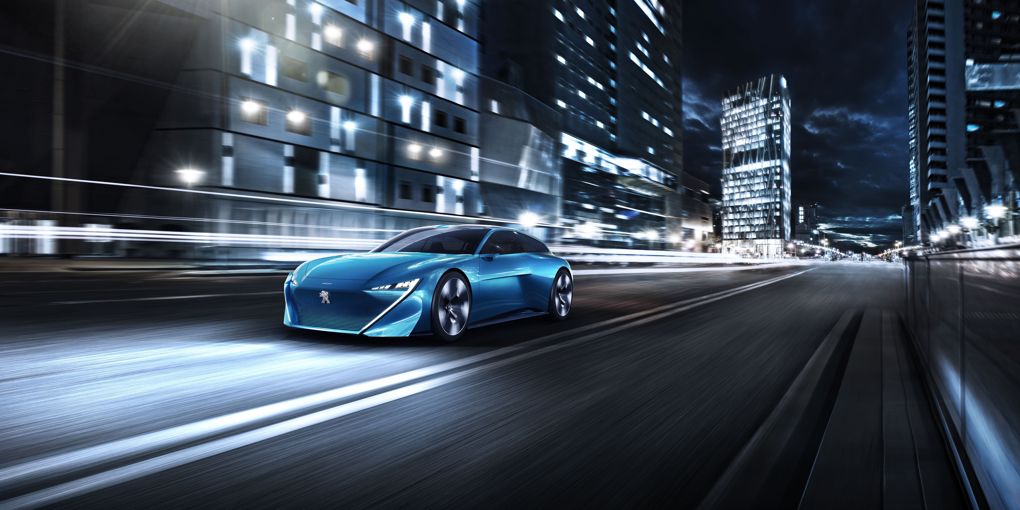Industry opinion on when we will have the first commercial self-driving car is divided, with some, mostly automakers, gunning for 2020, while others expect it to take more than 10 years.
Ford and BMW have both said 2020 – 2022 is the goal for at least Level 4 autonomous vehicles, which should be fully driverless in most environments. Drivers need only take control of the vehicle in abnormal weather or for off-road driving.
See Also: Audi and Nvidia commit to road-ready driverless car by 2020
Tesla and Google’s self-driving division Waymo may be even more bullish on the expected timeframe. Tesla CEO Elon Musk has said most of the technology is available today, but regulations and infrastructure needs to be implemented to ensure self-driving cars can run efficiently.
Mobileye and Delphi, two of the major self-driving suppliers, plan to have most of the internal parts and the software available for manufacturers by 2019. Neither have suggested a date when a commercial autonomous vehicle will be road ready.
Other suppliers are conservative in their estimates. Nvidia, at the Bosch Connected World Conference in Berlin, said self-driving cars should be ready by 2025. Chief executive Jen-Hsun Huang said “because of [the advances in] AI (artificial intelligence) computing, we’ve really supercharged our roadmap to autonomous vehicles.”
Bosch says don’t hold your breath for a decade
Bosch was even less enthusiastic about the rollout, saying that it might be 2030 before we see any commercial self-driving vehicles on the road.
We still don’t know how autonomous vehicles will be sold or marketed either. Automakers have hinted that ride-sharing and shuttle services may become their primary market, either increasing the price of self-driving cars or revoking the right for people to own them.
That would allow automakers to more quickly advance from Level 3 autonomy, which makes the driver take control in certain situations, to Level 5, or fully driverless.


















